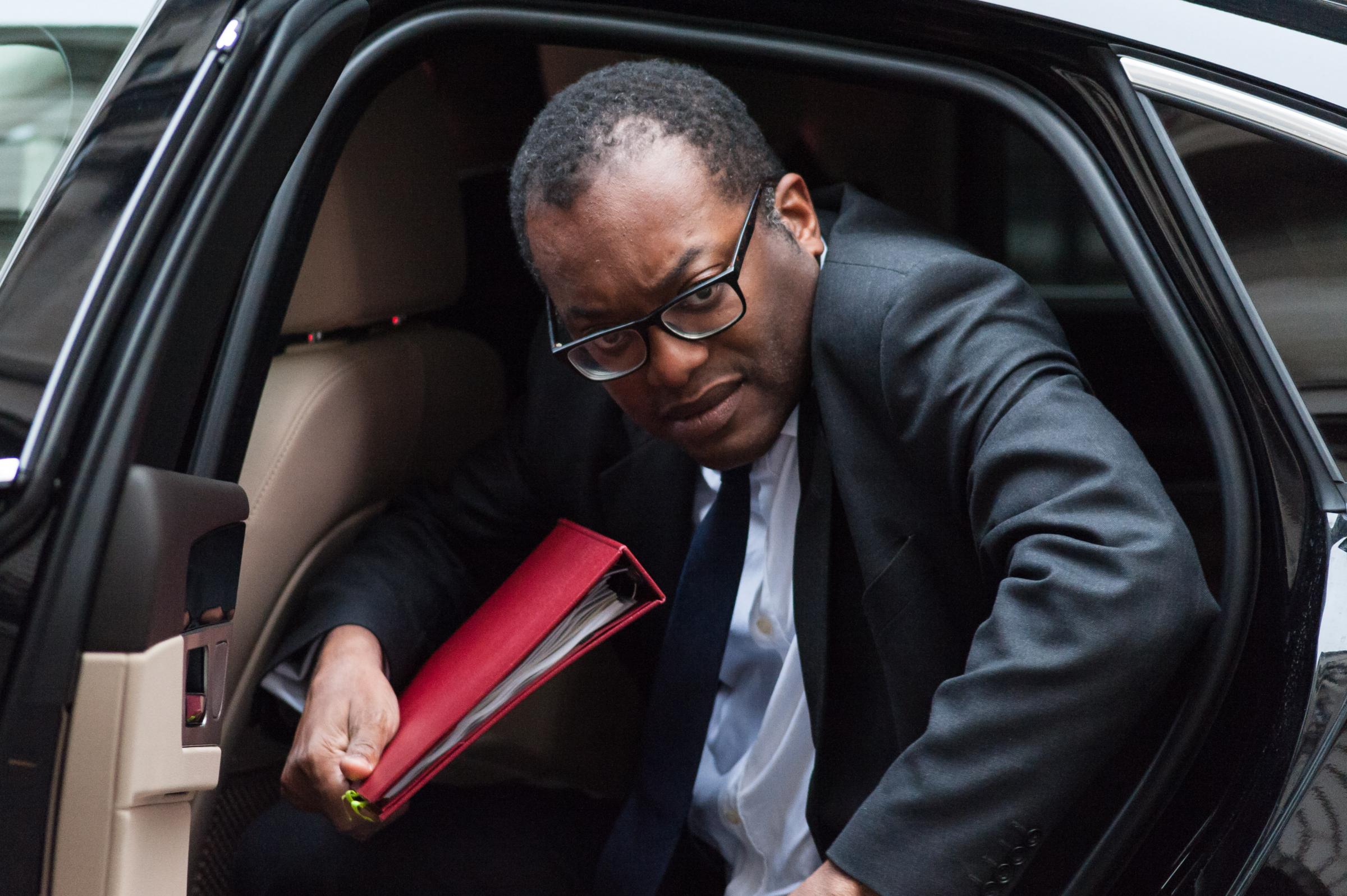
STERLING is continuing to languish against the dollar ahead of the new Chancellor’s first fiscal statement expected later this week.
The pound is hovering near a 37-year-low against the US currency.
It is glum news for Kwasi Kwarteng, who will deliver a mini-Budget at the end of the week. It is expected to focus on the details of fixing the energy price cap to £2500 per year for average households and delivering tax cuts.
Liz Truss’s new Chancellor, promoted from the Department for Business, Energy and Industrial Strategy, has pledged to focus on aggressive growth strategies, while US president Joe Biden recently wrestled the Inflation Reduction Act through Congress which would put up taxes on individuals and attempt to cut the country’s deficit.
Currency markets were closed in London on Monday because of the Queen’s funeral but the pound was last trading at $1.1381, which is close to the 37-year-low of $1.1351 which was reached on Friday, reports Reuters.
Sterling is also struggling at around 87.77 pence against the euro, improved slightly after reaching its lowest level since early 2021 when it hit 87.83 pence on Friday.
Jan von Gerich, chief analyst at Nordea, told Reuters: “The momentum is weak and the moves have been strong.
“We should see a stabilisation at some point, but it's hard to say when that will come."
Britain currently has a higher rate of inflation than other G7 economies, reaching a 40-year-high in August this year, the Financial Times reported last month.
Prices are up by 10.1% - higher than most other European countries.
Interest rate pressure
The Bank of England earlier in the year forecasted the UK would slide into a lengthy recession at the end of 2022 – meaning the economy will shrink rather than grow.
Kwarteng is reportedly looking at axing the cap on bankers’ bonuses and funding tax cuts through borrowing to increase growth.
It comes amid speculation the Bank of England’s monetary policy committee (MPC) is set to raise interest rates to their highest level since the financial crash.
The MPC is expected to raise interest rates by 0.75% when the group convenes for a delayed meeting on Thursday, putting the Bank rate of borrowing at 2.5%.
In December 2008 the base rate was slashed from 3% to 2%.
ING economist James Smith said that the Bank of England will have to react to recent falls in the price of the pound.
“Next week’s Bank of England meeting is crucial,” he said.
“It will tell us not only how worried policymakers are about the slide in sterling and other UK markets, but also how the Government’s decision to cap household/business energy prices will translate into monetary policy.”
Smith added that a more modest rate increase to 2.25% was also on the table but predicted rates could push past 3% if rises go ahead in November and December.







